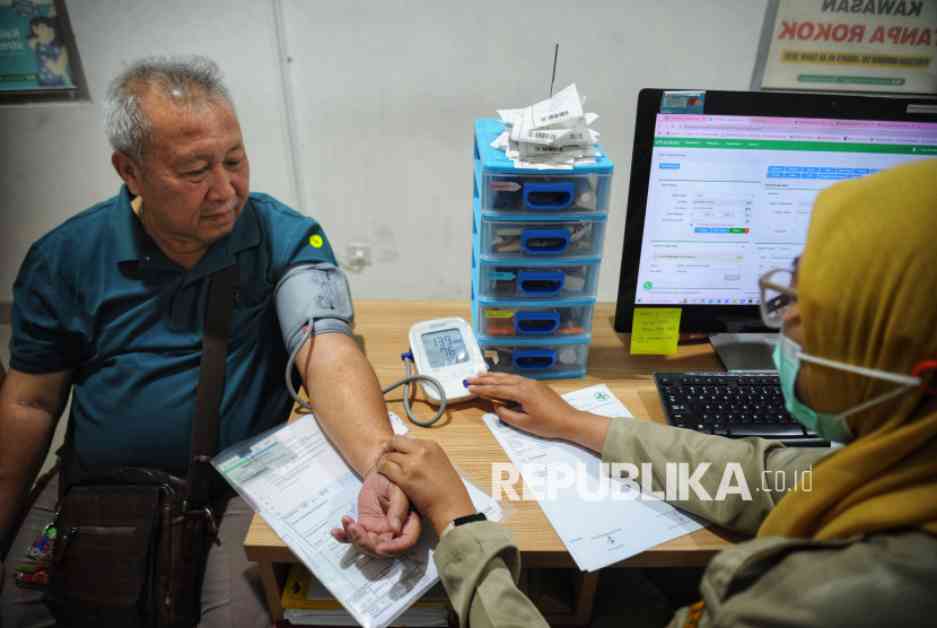In Jakarta, a crucial conversation unfolds as Deputy Chairman of the House of Representatives Commission IX, Charles Honoris, addresses the significant health budget cut of Rp 19.6 trillion in 2025. The looming concern revolves around ensuring that this reduction does not disrupt public health services, especially as the Government gears up to launch the Free Health Checks program.
Honoris emphasizes the importance of not letting budget constraints impede comprehensive healthcare services for the public, spanning promotive, preventive, curative, and rehabilitative measures. In navigating these financial limitations, he stresses the need for a prioritization strategy without eliminating any essential healthcare services.
### Prioritizing Health Services Amid Budget Constraints
As discussions around the budget cut intensify, the looming question remains: how can we optimize health services without compromising quality amidst financial limitations? Honoris underscores the critical need for a prioritization framework to navigate these challenges, ensuring that all facets of healthcare delivery remain intact.
In a bid to address the financial constraints without sacrificing healthcare quality, the Government is set to roll out the Free Health Checks program. This initiative, slated to kick off on Monday, aims to provide a range of health screenings for individuals, offering insights into potential health concerns. By offering these screenings, individuals can proactively identify health issues and seek further treatment at healthcare facilities covered by the national health insurance program.
### Navigating Post-Health Check Treatment Challenges
As the Free Health Checks program unfolds, the focus shifts to post-screening treatment and the potential surge in demand for further medical interventions. Honoris cautions against a scenario where increased demand for post-screening treatments overwhelms the healthcare system, leading to suboptimal services due to budget constraints.
The Ministry of Health echoes this sentiment, highlighting the importance of the Free Health Checks program as a preventive measure to address and manage the most significant causes of mortality at various life stages. With a target audience of 280 million individuals, this initiative marks a significant milestone in Indonesia’s healthcare landscape, aiming to enhance public health outcomes through early detection and intervention strategies.
In the midst of these discussions, the imperative remains clear: optimizing health services in the face of budget cuts requires strategic planning, prioritization, and a steadfast commitment to upholding healthcare standards. As stakeholders navigate this complex terrain, the emphasis lies on ensuring that the Free Health Checks program serves as a catalyst for proactive healthcare management while safeguarding the integrity of Indonesia’s healthcare system.
Stay tuned as the dialogue unfolds, shaping the future of healthcare delivery in Indonesia and paving the way for innovative solutions to optimize health services amidst financial constraints. The journey towards a healthier nation begins with strategic planning, collaborative efforts, and a shared commitment to prioritizing public health in the face of adversity.














